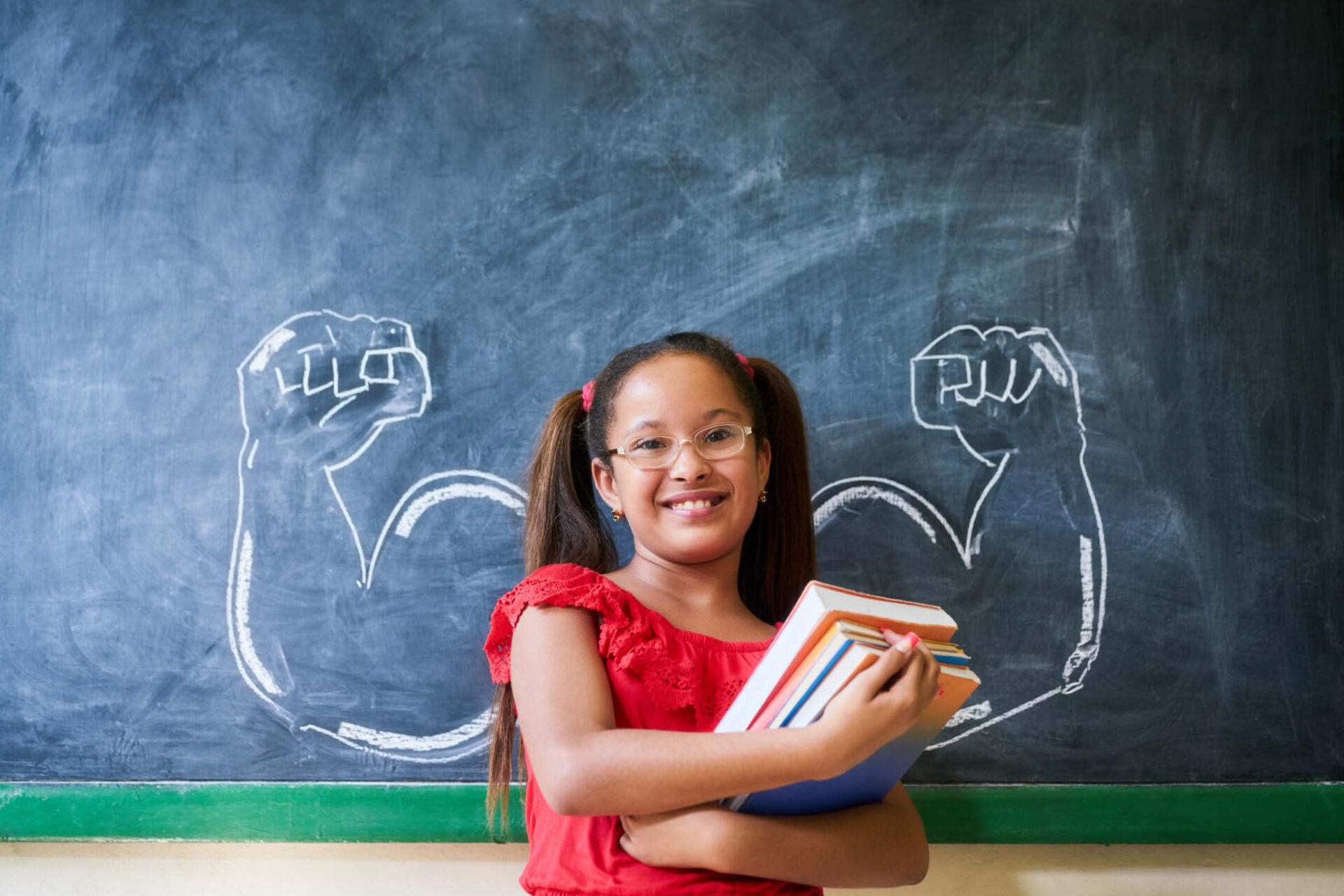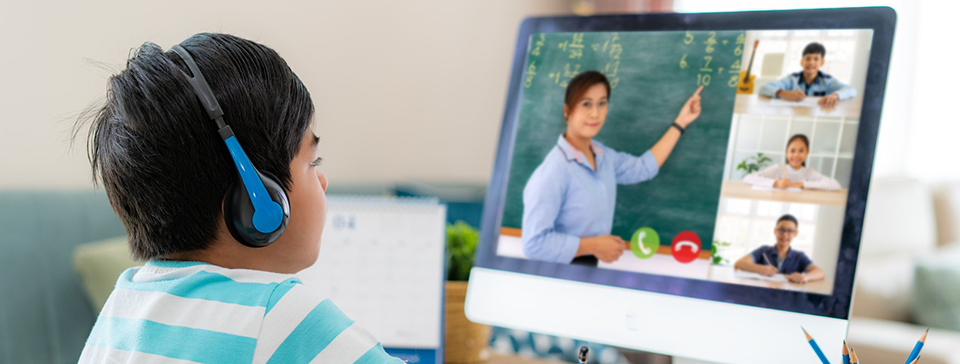There is greater acceptance of the idea that a universal education system may not be for all children in recent times. Many children drop out of school or struggle with learning in an environment that is not attuned to their special needs. School education programmes must have learning designs targeting learners with –
- developmental delays such as dyspraxia and apraxia of speech
- difficulty in understanding literacy and numeracy
- physical impairment
or any problems that inhibit learning among some students. These programmes are not for the mainstream classroom, but they are designed to give a child extra support. This does not mean that the child is less intelligent or talented than their peers. It simply means that these children have different strengths, and it is up to the parents to help the children find out where their talents lie.
For instance, learners with dyslexia may have trouble identifying letters, but they are extremely creative artists. Autistic children might struggle with interpersonal skills, but many have emerged as mathematical geniuses and tech whizzes. The key is to introduce a targeted learning system that is focused on skill development.
Ways to help Learners in school
1. Help them identify their potential
The key to the success of learning designs for special education programmes is to create an environment of understanding and acceptance for students. There must be a special focus on helping them understand their weaknesses, giving them tools to overcome them, and enabling them to identify and develop their talents.
2. Providing focused training
The struggle among students with learning differences is very different. These differences may be occurring because of dyslexia, ASD, ADHD, or other such conditions. Diagnostic testing helps in identifying the student’s issues and gives the best recommendations to help them cope. For instance, for students who have difficulty writing by hand, the use of a computer may be recommended or reading from worksheets printed on particular coloured paper in a special font. Even the progress review is done more frequently, and adjustments are made to the curriculum to ensure maximum benefit to the learner.
3. Creating a supportive environment
Students in special education programmes must work harder than their peers in regular programmes to achieve the same results. Schools can be mentally, physically, and emotionally challenging for them. Hence, it is important to give them plenty of motivation and encouragement. It is important to create an environment in the school that does not intimidate the student and drives them to avoid studies.
Building learning habits outside school
Special education programmes such as those run under the NIOS scheme require different teaching strategies that can be extended to learning outside the school too. It helps in creating a regular study habit among students and helps them cultivate discipline. This can be achieved through –
- Homework – Lessons taught in the school can be reinforced with activities that can be specifically done at home. Repetition is an excellent way to reinforce learning and help in understanding new concepts and facts, making them part of the long-term memory. Students can also be given activities that will prepare them for the next day’s lessons by familiarising them with the topic. With increased practice, students will feel more confident about the subject.
- Ways to do homework – where students are having difficulty writing. They can use a computer for typing, text-to-speech for reading, or a calculator for basic arithmetic.
- How much and how long will they spend on the work – In the special learning programme, students will be constantly challenged even with the simplest tasks, and they will need frequent breaks and flexibility to recharge and start a fresh attempt. This is especially needed for students with dyslexia or ADHD. Any homework given shouldn’t take more than an hour of their time and it must be tailored to meet their learning targets.
Children must be given plenty of encouragement and motivation to help them emotionally and mentally cope with the rigours of the education system. Thus, they will be able to support the children and prevent them from cultivating a negative attitude towards school and learning.

